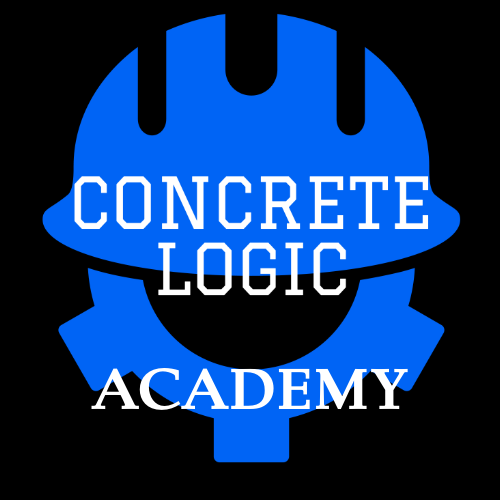The recent decision by the Supreme Court of the United States (SCOTUS) to overturn the Chevron deference has sent ripples through various industries, including the concrete sector. This landmark ruling, which shifts the power of interpreting ambiguous laws from federal agencies to the courts, could have several positive outcomes for the concrete industry.
Firstly, the concrete industry may experience a reduction in regulatory burdens. The Chevron deference often allowed federal agencies like the Environmental Protection Agency (EPA) to interpret laws in a way that led to stringent regulations. With the deference overturned, there is potential for more balanced interpretations that consider the practical implications for businesses.
Secondly, the decision empowers the industry to have a greater say in legal interpretations that affect it. This could lead to more industry-friendly policies, as courts may now be more open to considering the expertise and perspectives of concrete professionals when making decisions.
Moreover, the ruling could encourage innovation within the industry. As discussed in episode #081 of the Concrete Logic Podcast, embracing sustainability is crucial for the concrete sector. With potentially fewer regulatory constraints, companies might invest more in research and development, leading to scalable sustainable concrete solutions advancements.
Additionally, the decision may foster a more competitive market. As episode #089 of the podcast suggests, AI and technology are becoming increasingly important in the concrete industry². A less restrictive regulatory environment could allow smaller companies to compete more effectively, driving technological progress and efficiency.
In conclusion, while the full impact of SCOTUS overturning the Chevron deference remains to be seen, the concrete industry could benefit from reduced regulatory pressures, increased influence in legal matters, a boost in innovation, and a more competitive marketplace. These changes align well with the discussions on the Concrete Logic Podcast, which frequently explores the intersection of concrete, construction, and technology. As the industry adapts to this new legal landscape, it will be interesting to see how these potential positive outcomes unfold.











